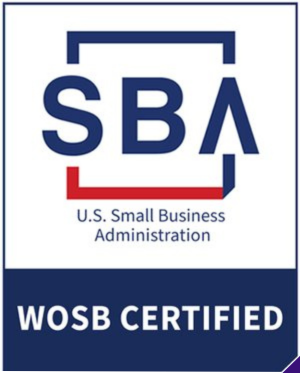In these days of pandemic, lot of jobs are lost and many tenured folks are seeking career changes in areas that are in demand and turn to agile as one obvious choice.
Typical concerns of anyone who is stepping into a new area is as follows
- Can I do this?
- Do I get any credit for my experience in waterfall when I go into agile or do I start net new as a junior person?
- How do I acquire the relevant credentials to be agile?
As someone who has walked this path many years ago moving from waterfall to agile, let me assure you that with the right preparation and a positive attitude you can make the change from waterfall to agile and be successful and this article dwells on the approach.
Recognize your transferable skills
Before I talk about transferrable skills let us review our awareness about waterfall and agile methodologies.
Waterfall is about planning a large amount of work upfront and delivering this work in multiple staggered stages of planning, development, testing and deployment and the stages cascading sequentially from start to finish resemble a waterfall.
Agile is about identifying a small piece of work and deliver over a short time frame and evaluate the results and based on feedback make needed revisions in an iterative fashion.
From the above it is fair to say that the working software is produced in both methodologies and the difference is in the size of work being handled and there are Transferrable skills between the two as follows
- Team management skills
- Ability to see the big picture
- Domain knowledge
- Business analysis skills
- Subject matter experts
- QA skills
- Technical skills
- Project management skills
- Experience in offshore/onshore delivery model
So, if you have one or more of the above-mentioned skills as a waterfall practitioner you can effectively embrace an agile career with learning agile from reputed organizations!
Understand Agile Roles and how they map to the transferrable skills
Let’s look at briefly what are the roles and responsibilities in agile
Scrum Master
- Scrum master is a team level agile coach and servant leader
- Educated the team on following agile practices
- Removed impediments to the team’s ability to deliver
Product Owner
- Owns the requirements which in agile is known as product backlog or team backlog
- Typically manage team level backlog requirements and report to product managers
Product Managers
- Owns the program level level requirements
- Collaborates with a couple of product owners who manage team level requirements that are subsets of project level requirements
- Customer and market facing role
Release Train Engineer
- This role is only in SAFe framework which is one of the most popular agile frameworks in the market.
- This is a servant to a program manager level role
Agile Roles and relevant Transferrable skills
| Agile Role | Transferrable Skills |
| Scrum Master | Project Managers, Team leaders, Senior Technical leaders |
| Product Owner | Business Analysts, Subject Matter Experts, Senior Architects (Technical Product Owner) |
| Product Manager | Product Owners, Business Analysts, Subject Matter Experts, Senior Architects |
| Release Train Engineer | Program Managers, Scrum Masters |
| Agile Architects | Architects with agile architect training |
| Agile Transformation leaders | Senior managers, Director level experience managing executive level stakeholders |
Now that you have an awareness of your own skills that can help your agile career, let’s look at next steps
Formal Agile learning and Certification
Check out all these classes that are coming up in SAFe, one of the most popular agile frameworks.
Based on one’s transferrable skill , there are role based certifications offered for Scrum Master, Product Owner , Release Train engineer , Agile Architects etc.
Please check out our listings for the nearest availability.
Authored by: Ram Kollengode








